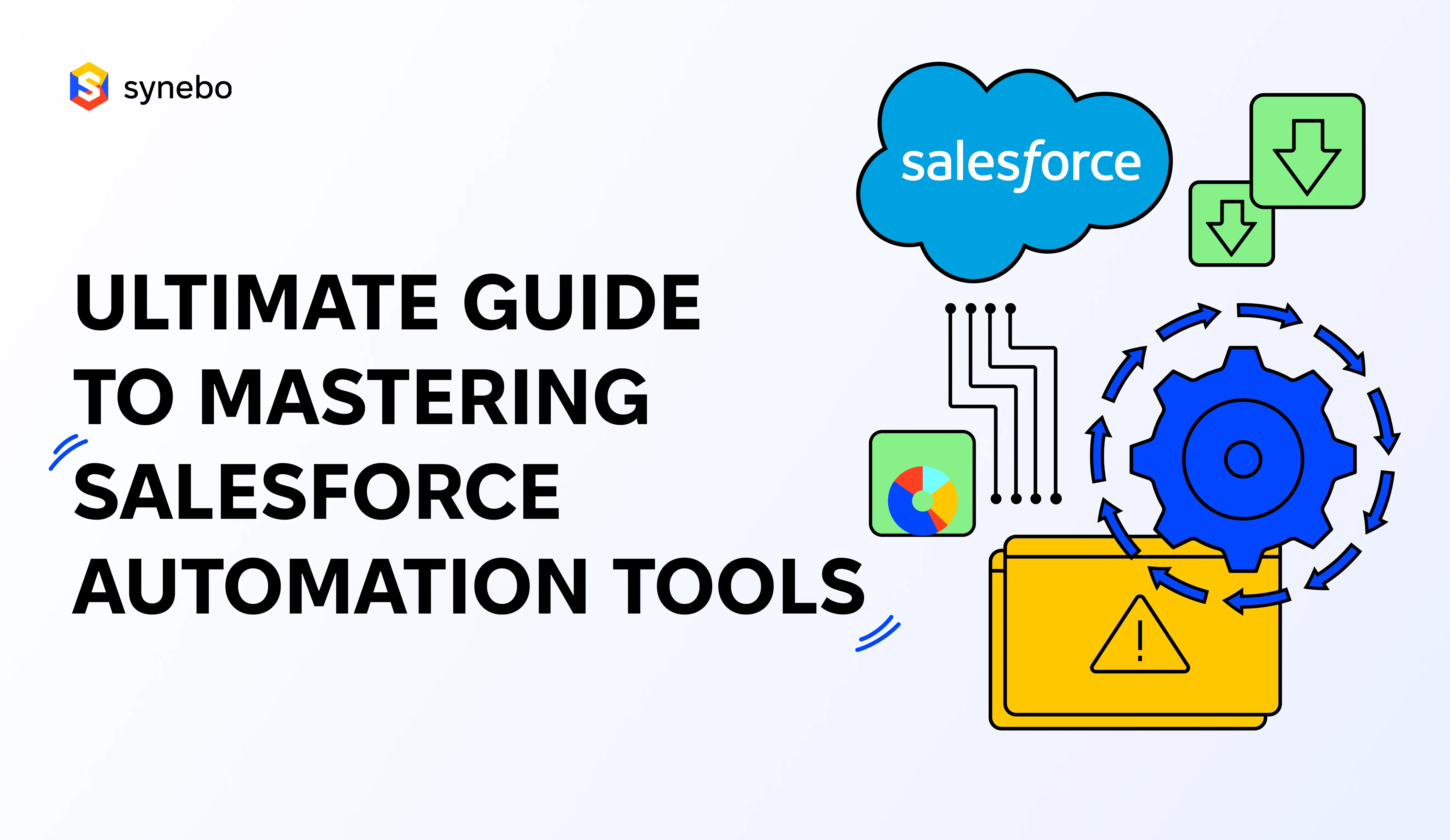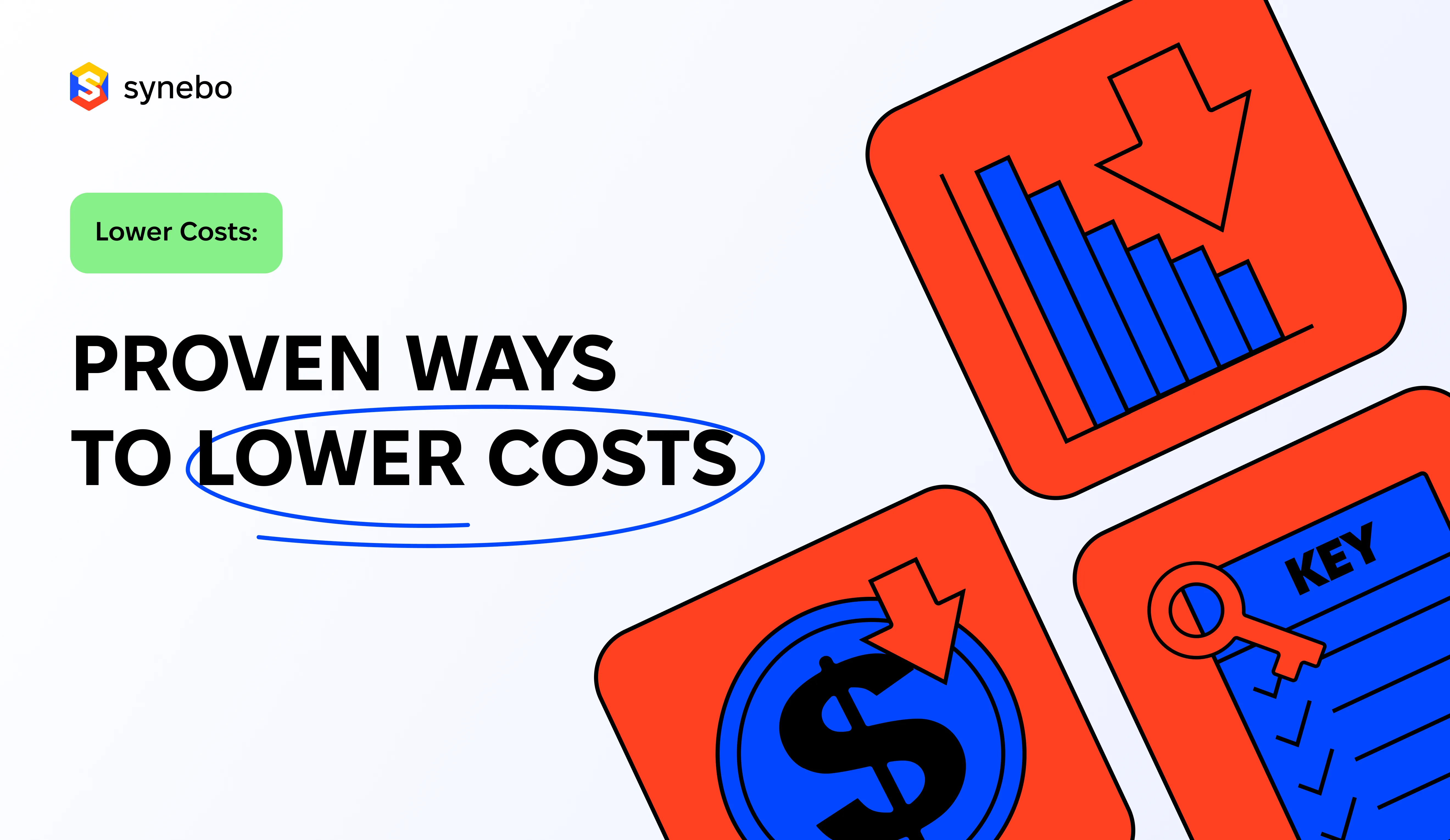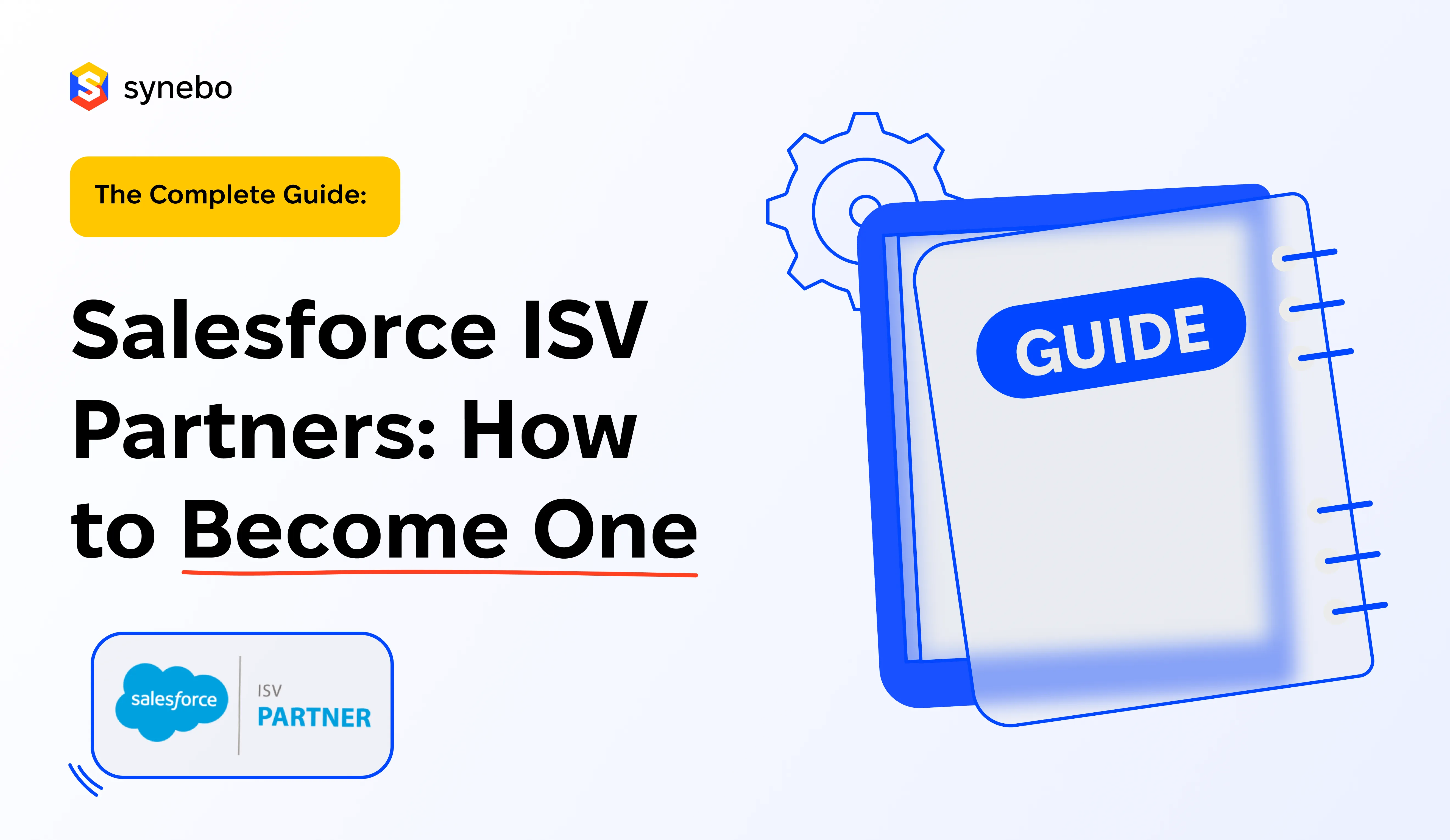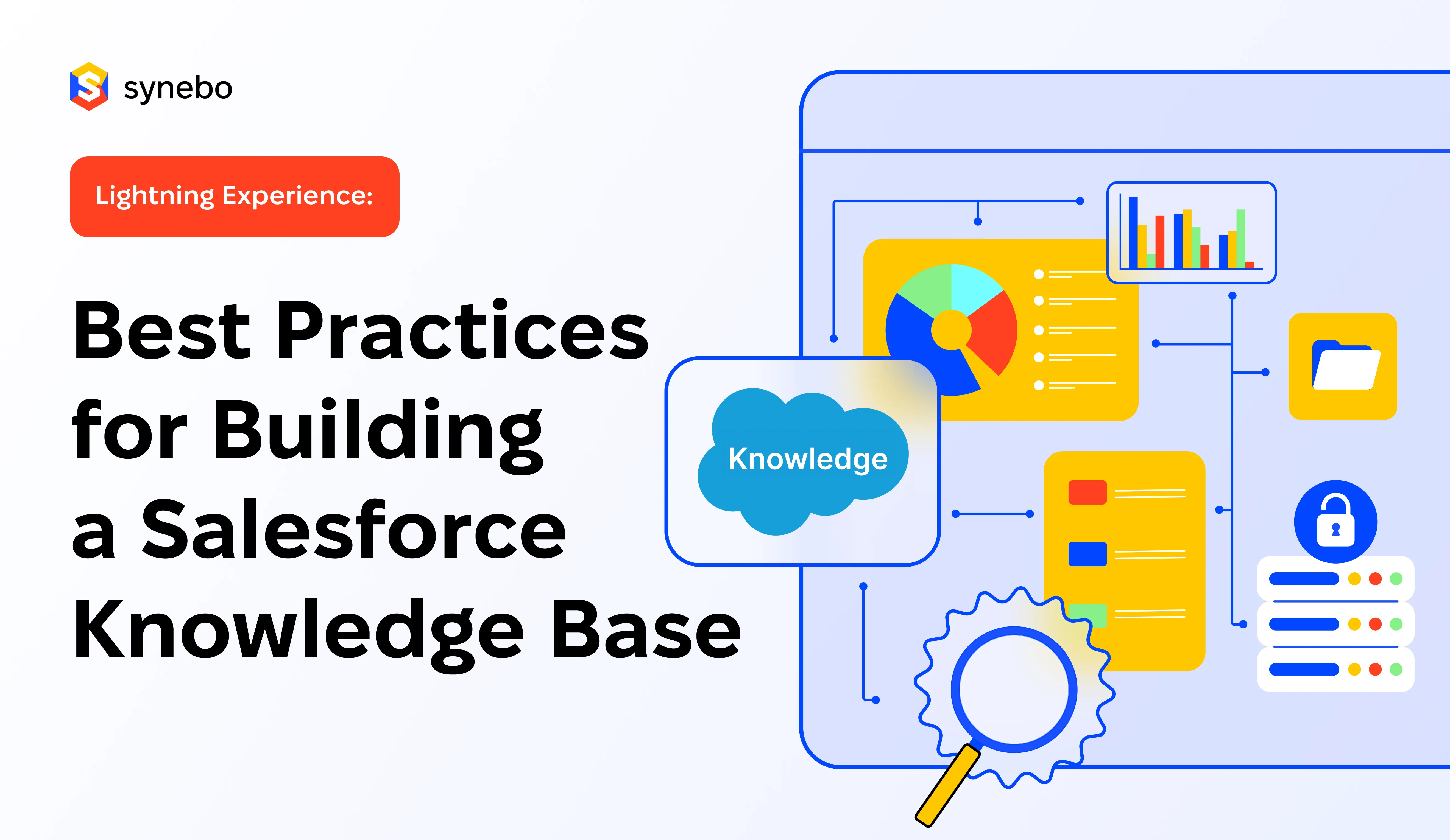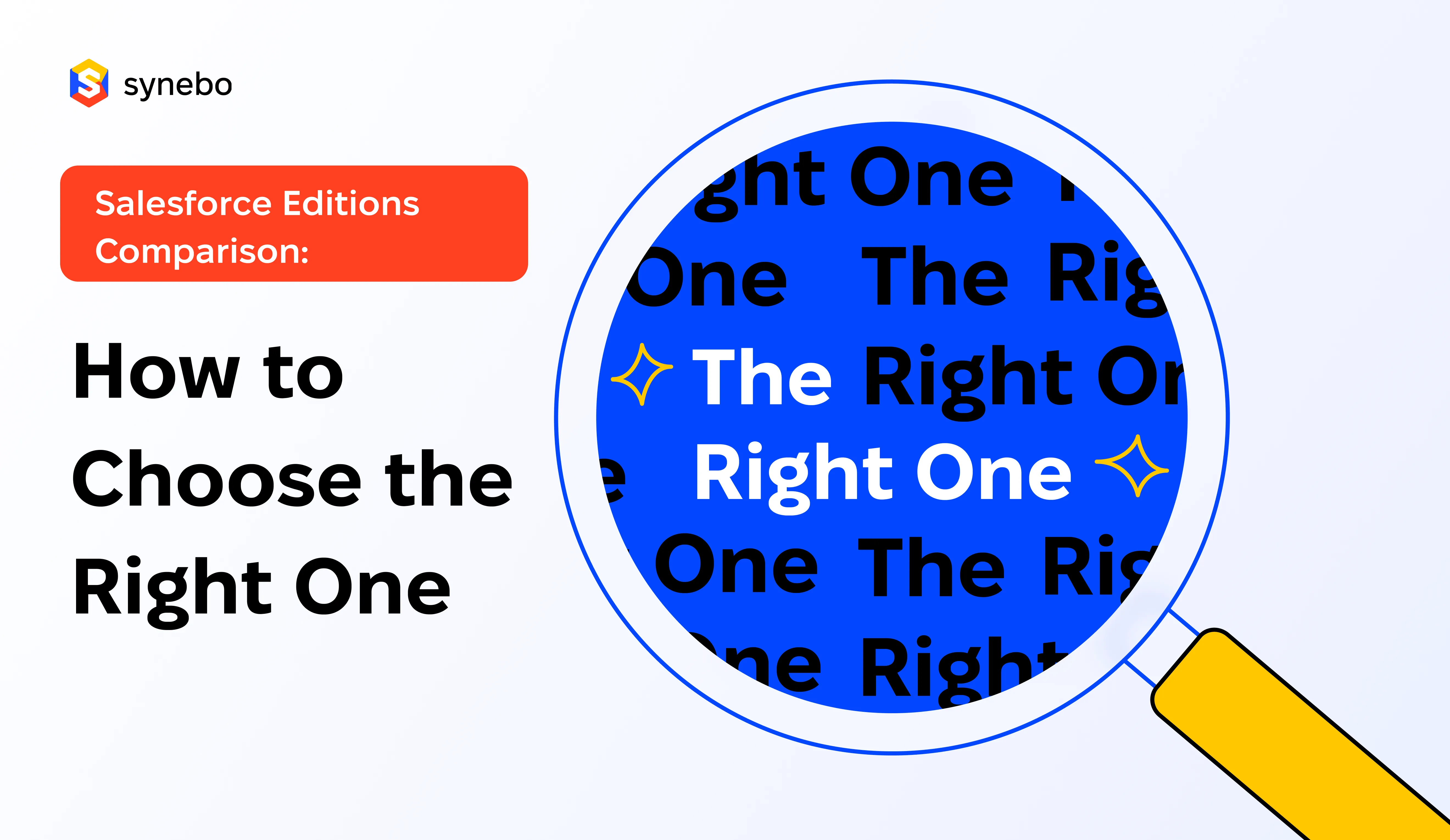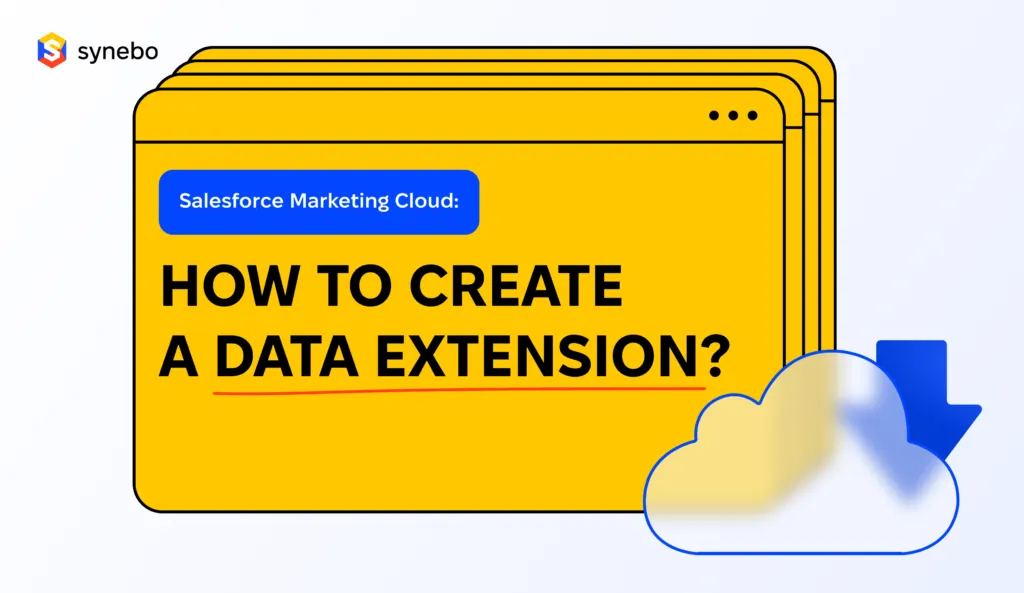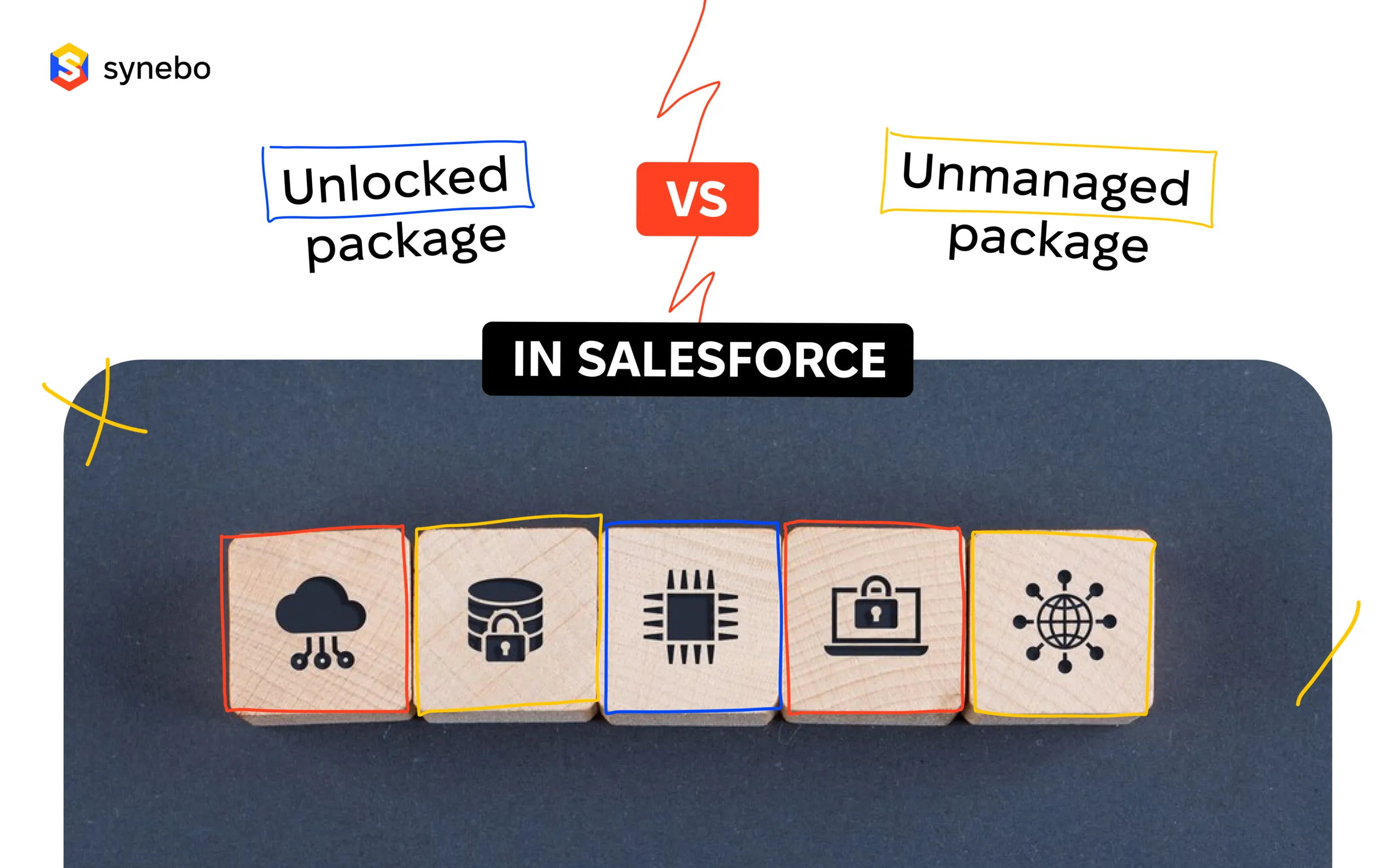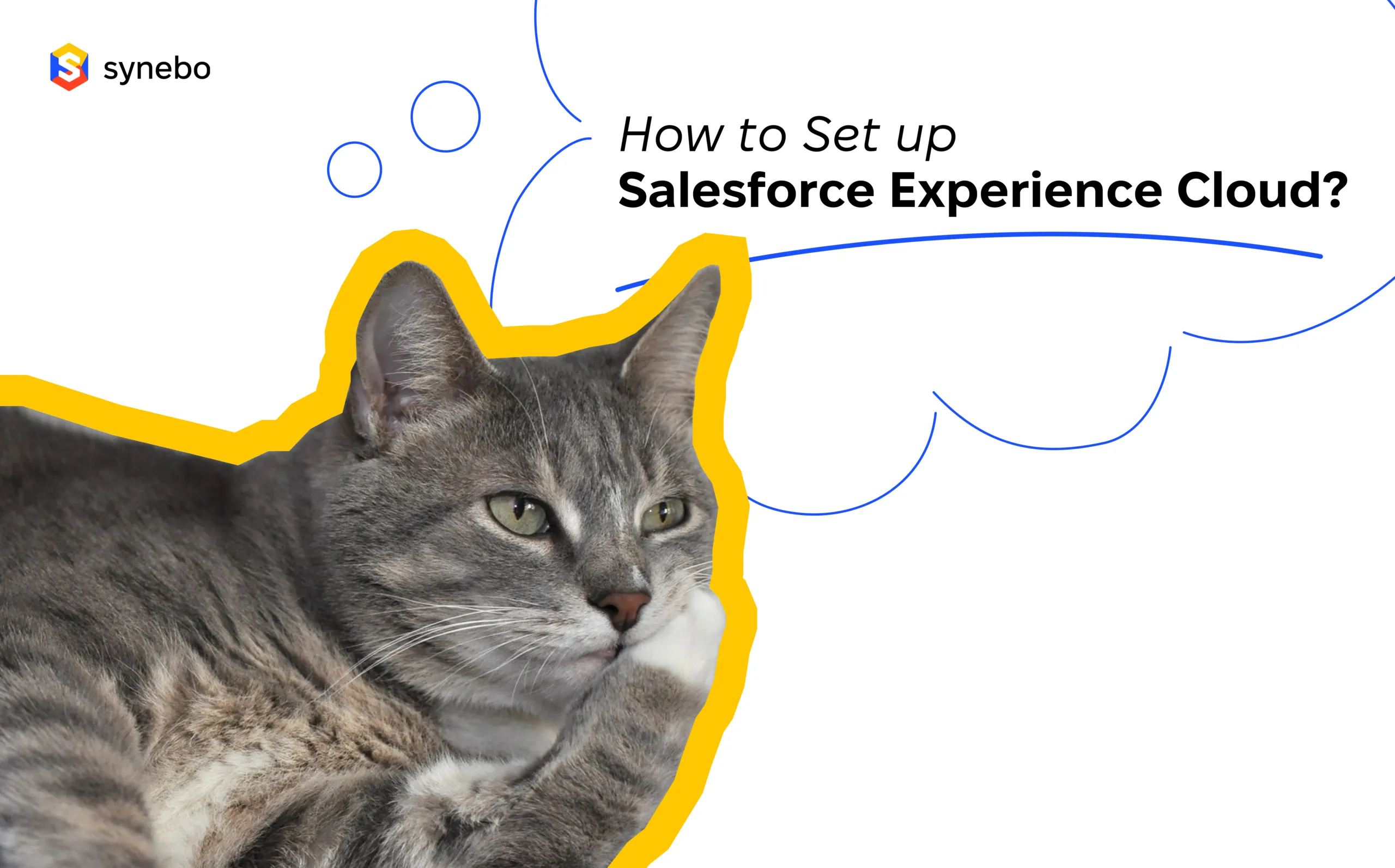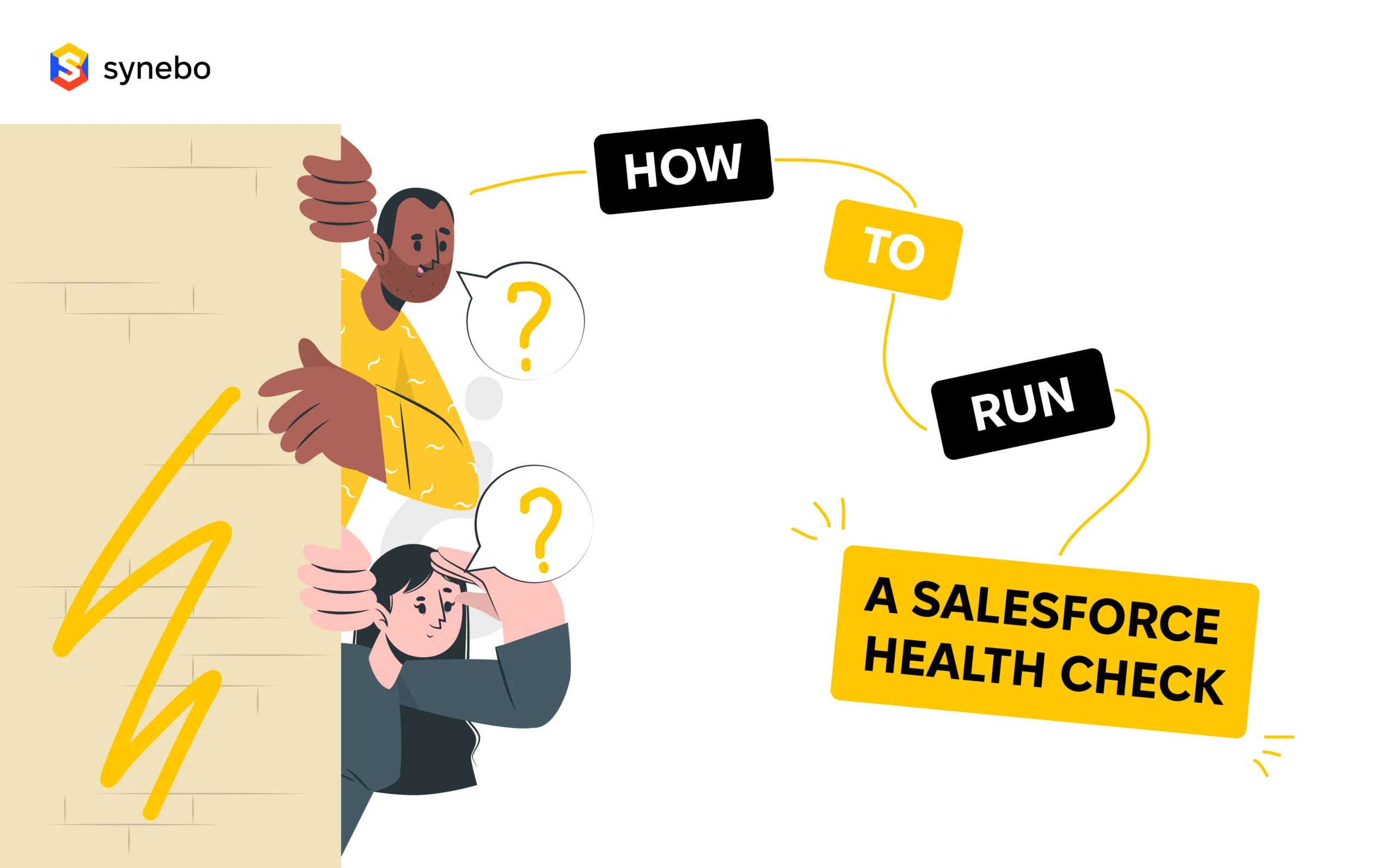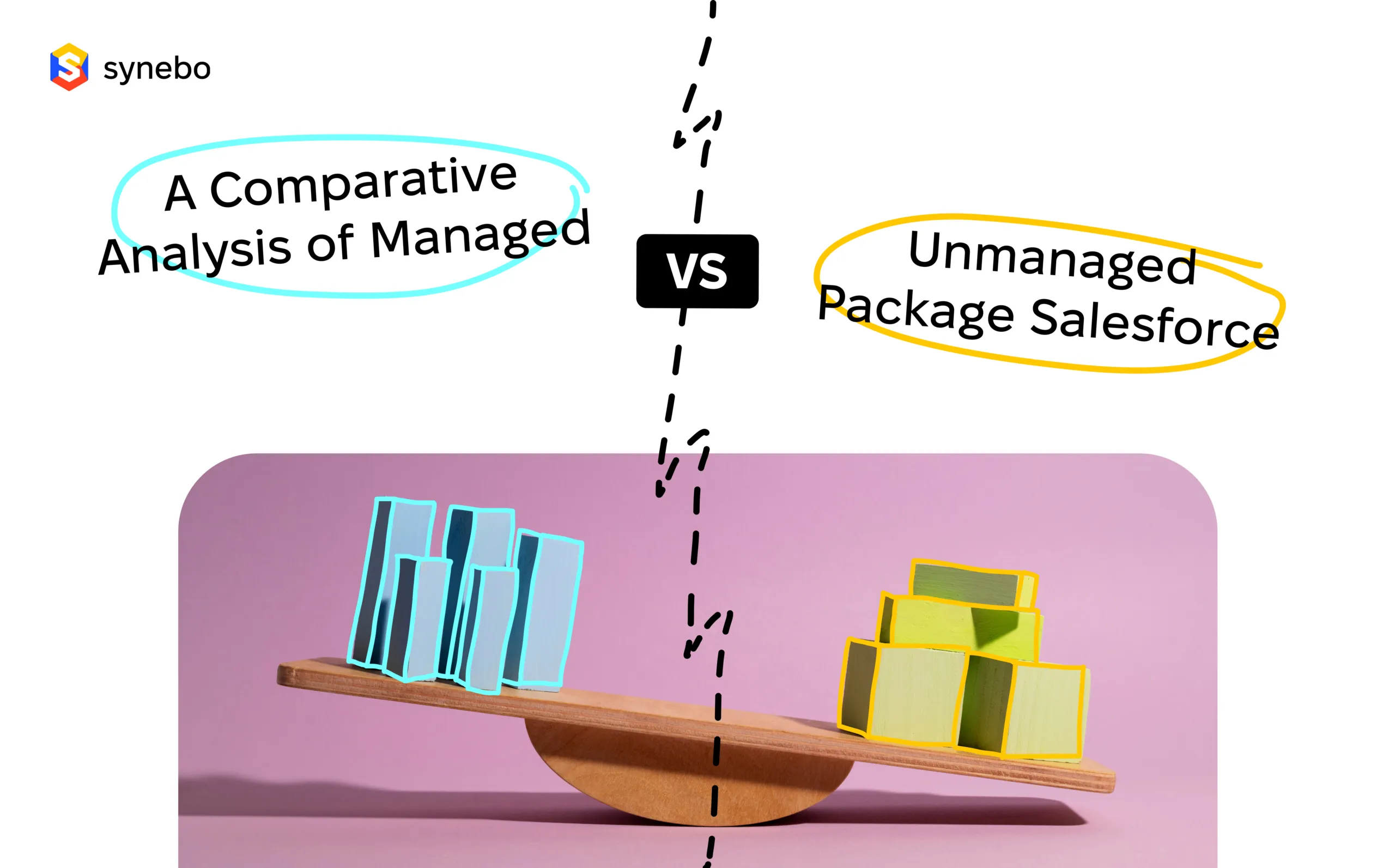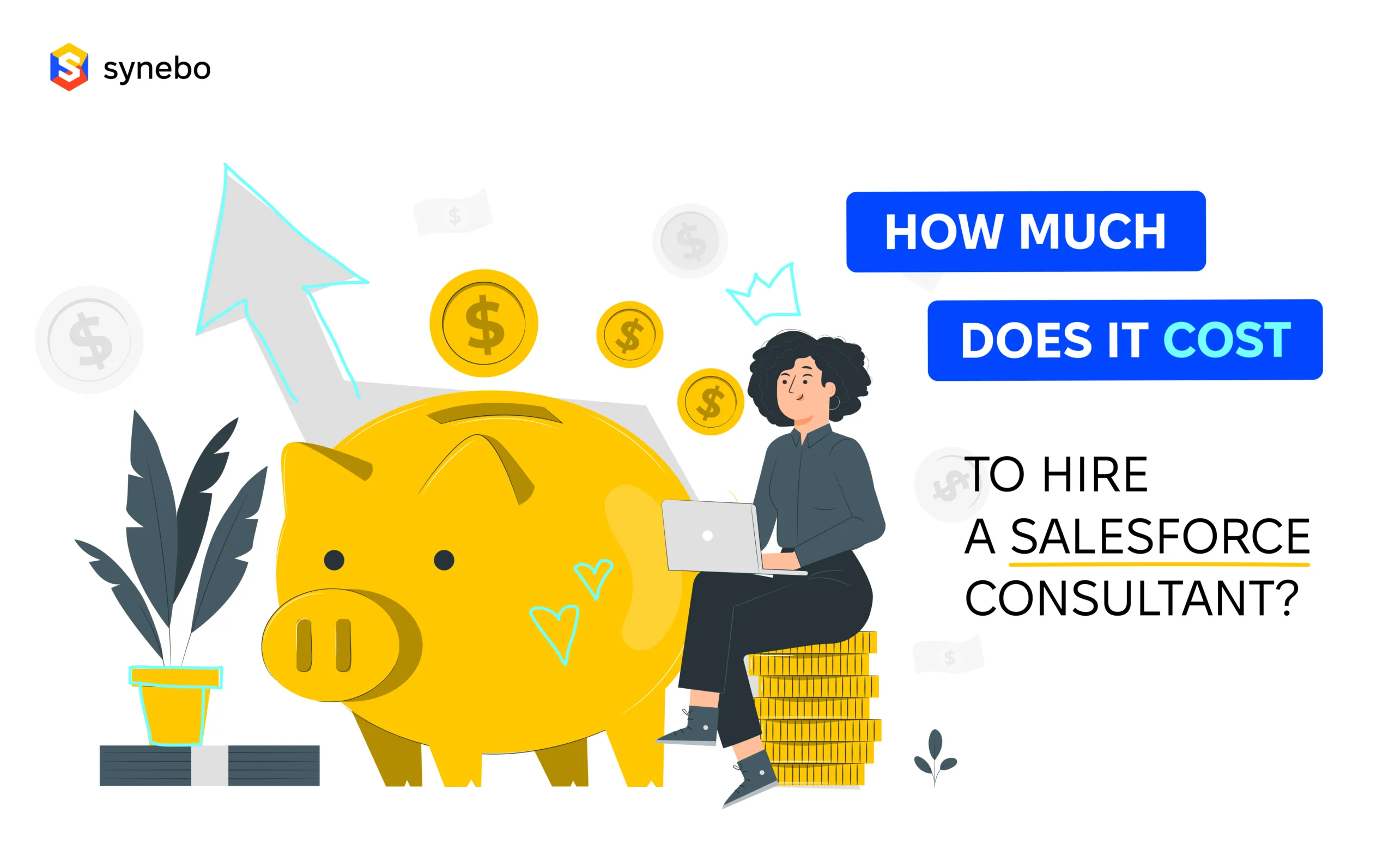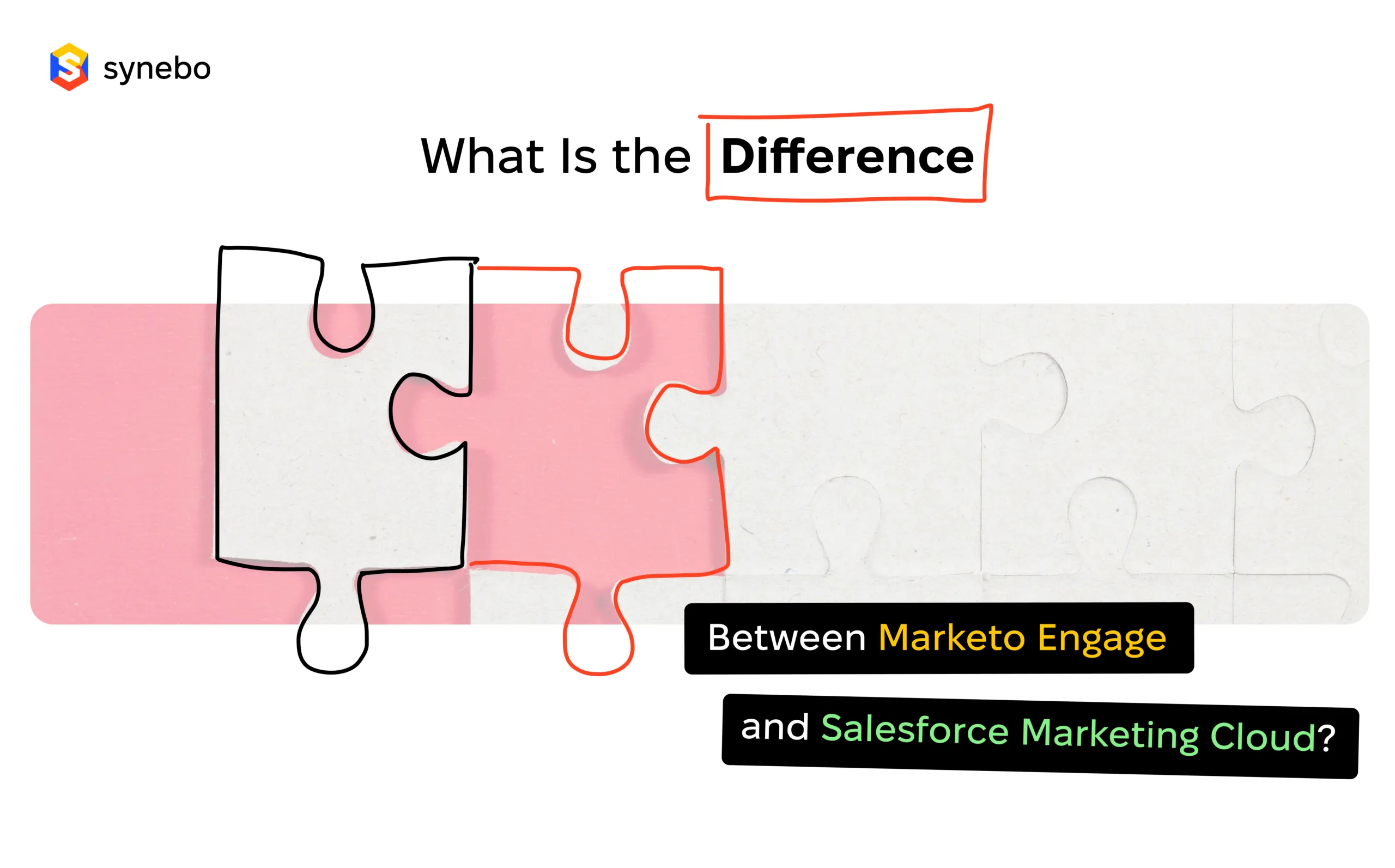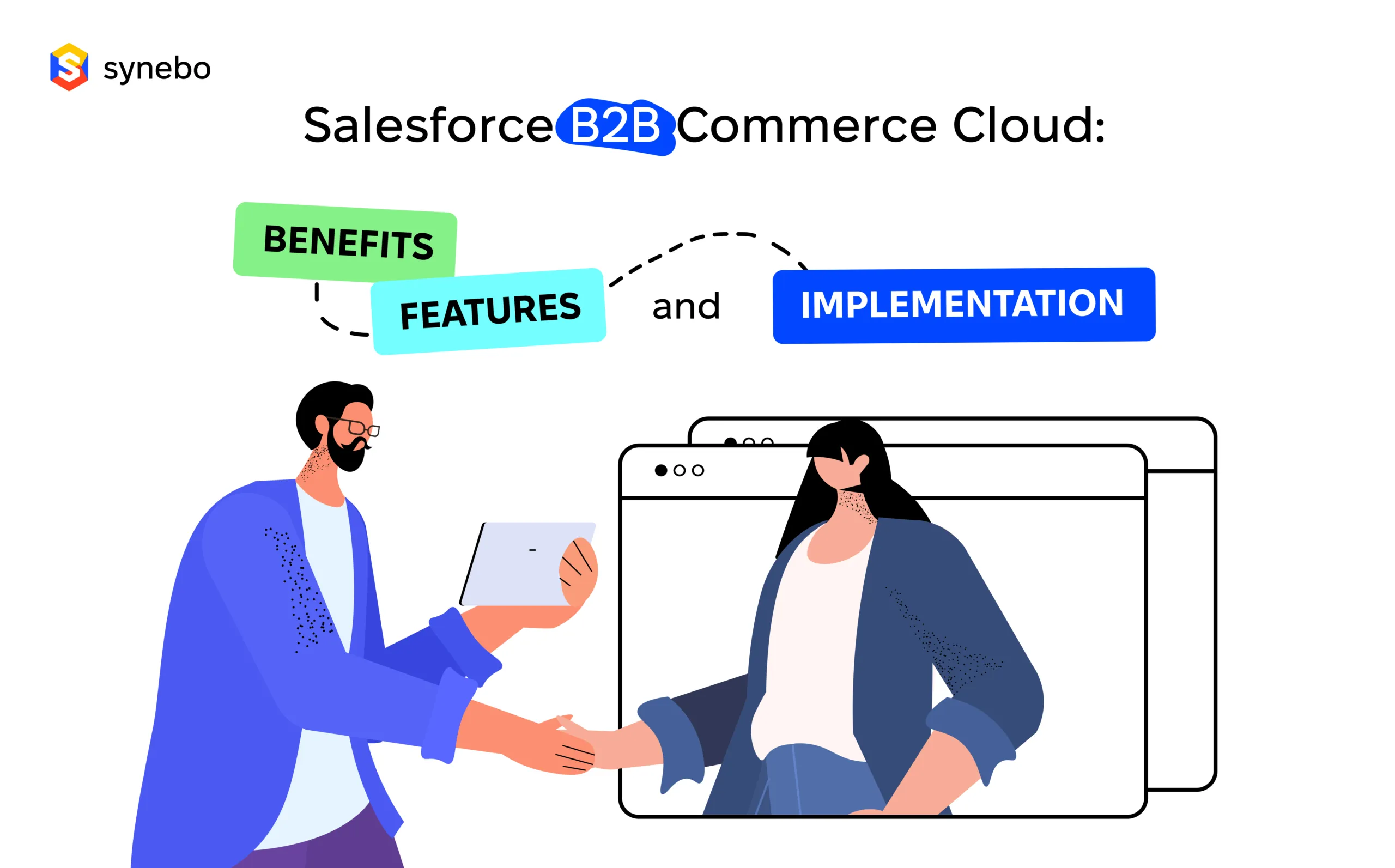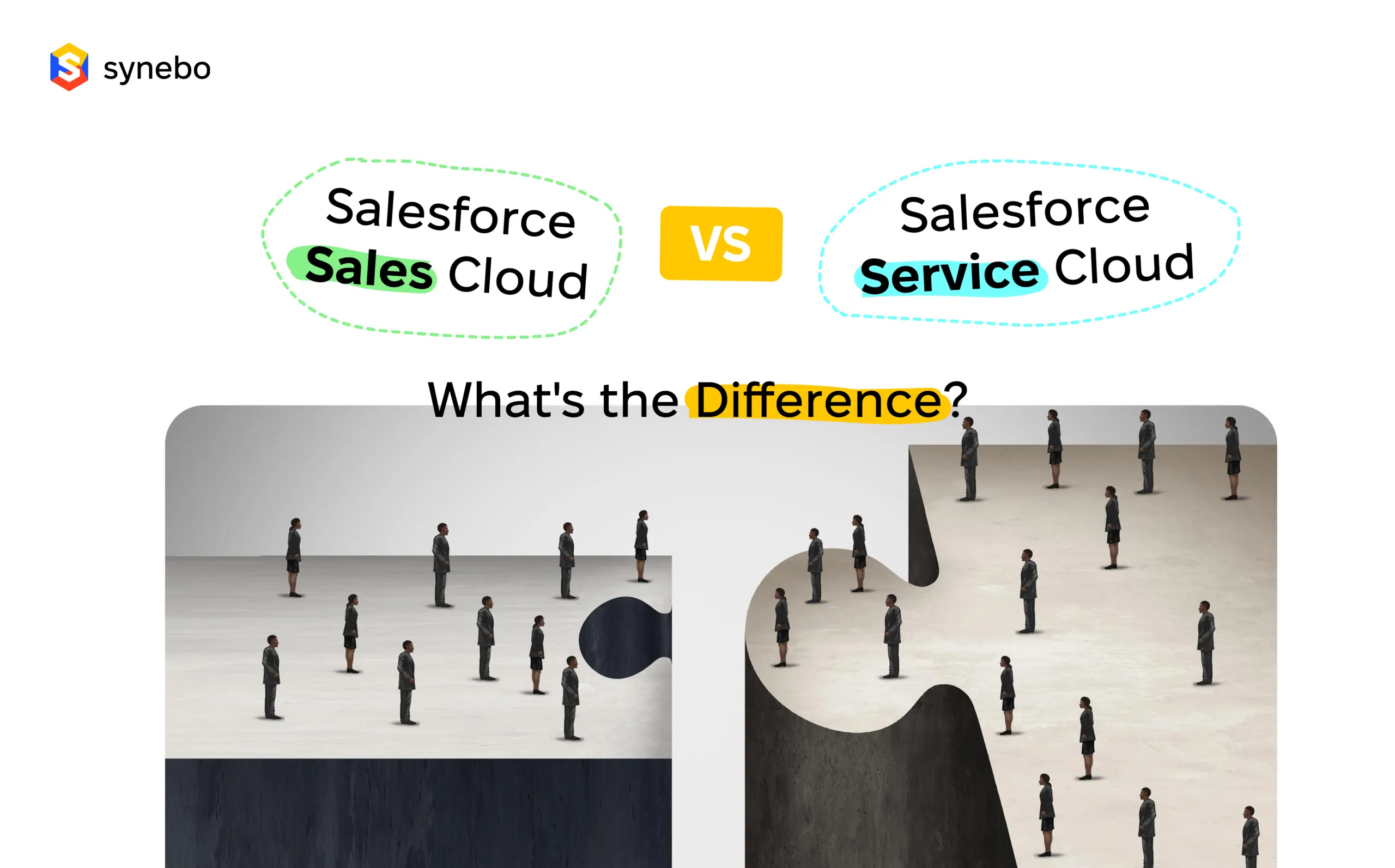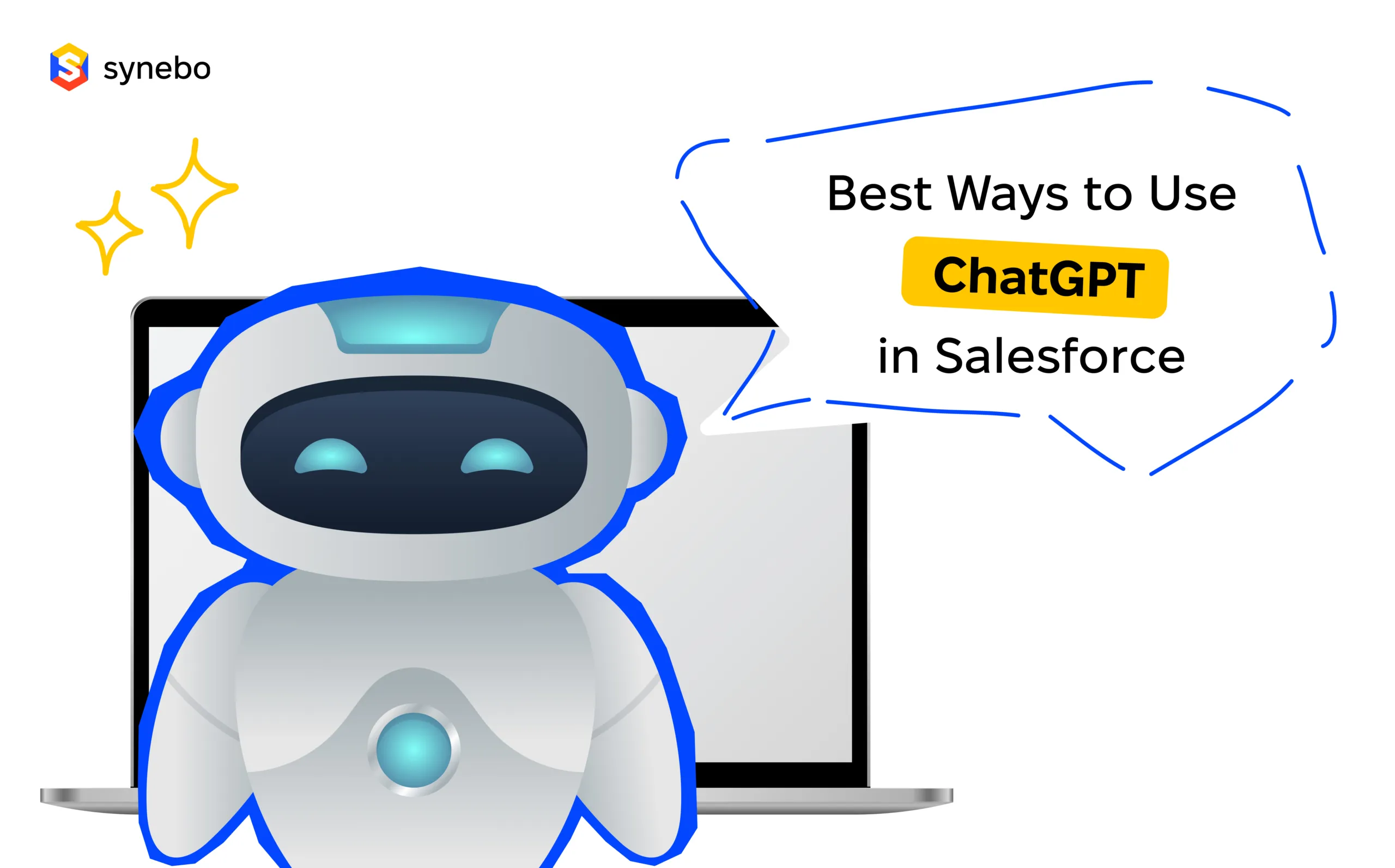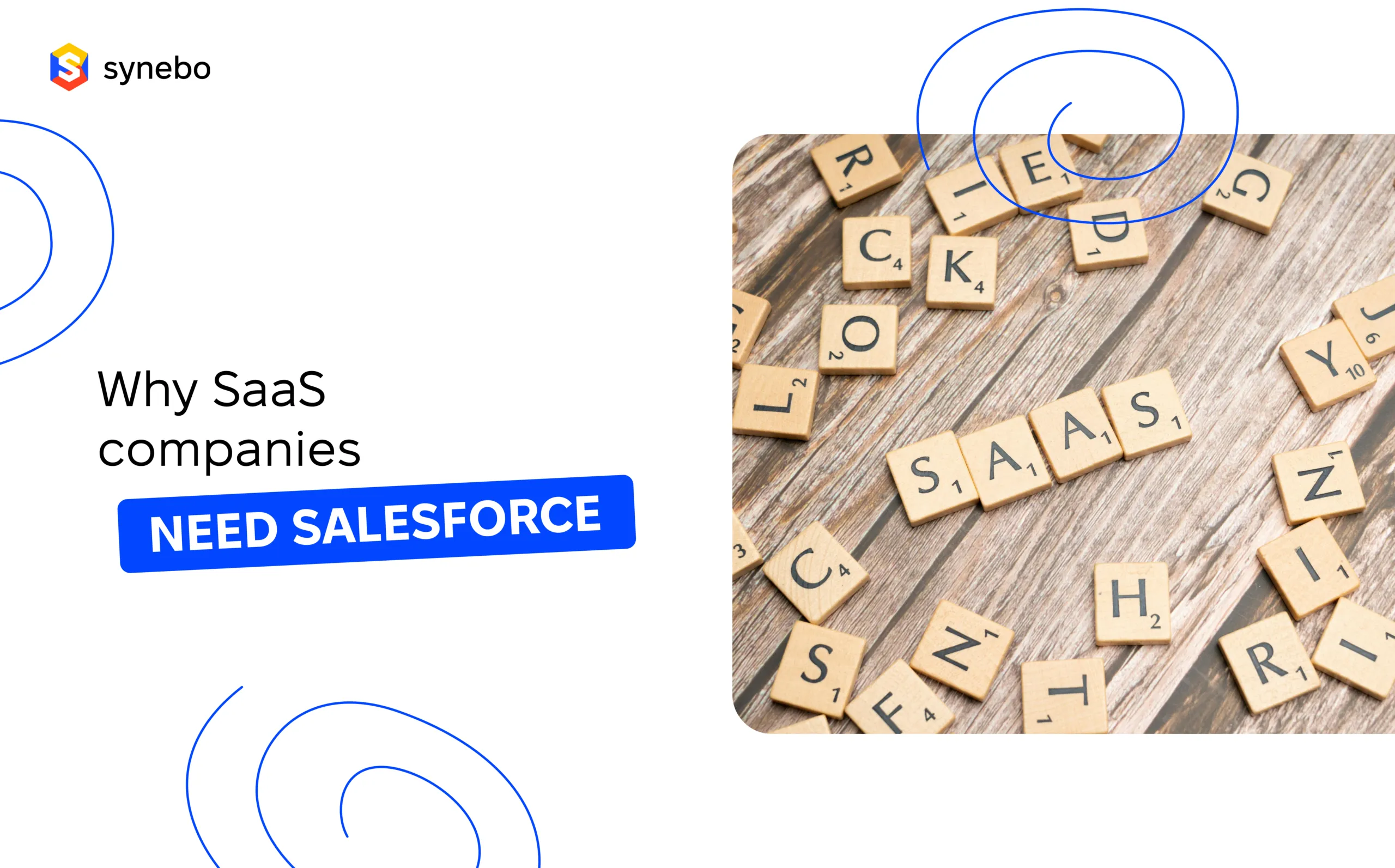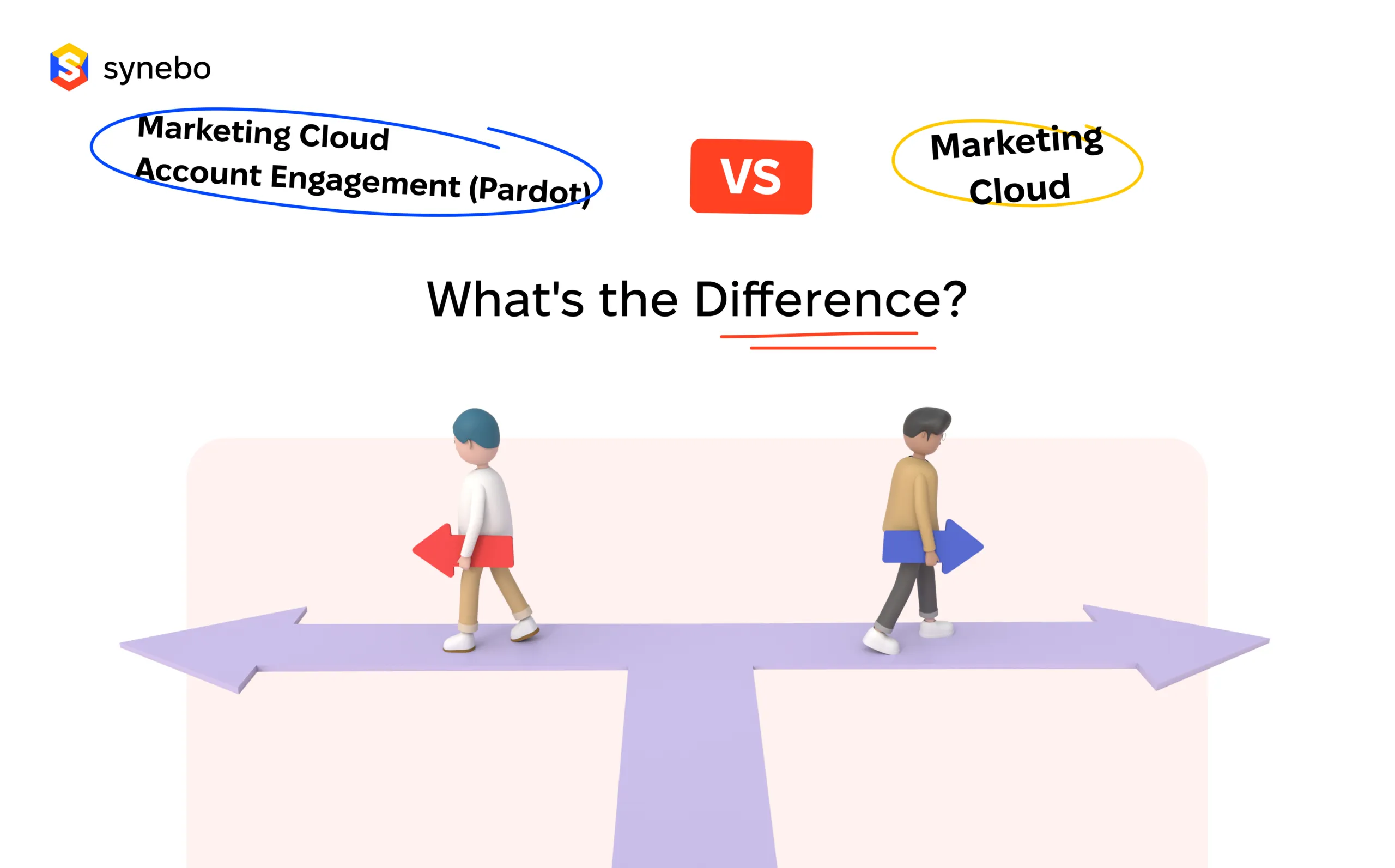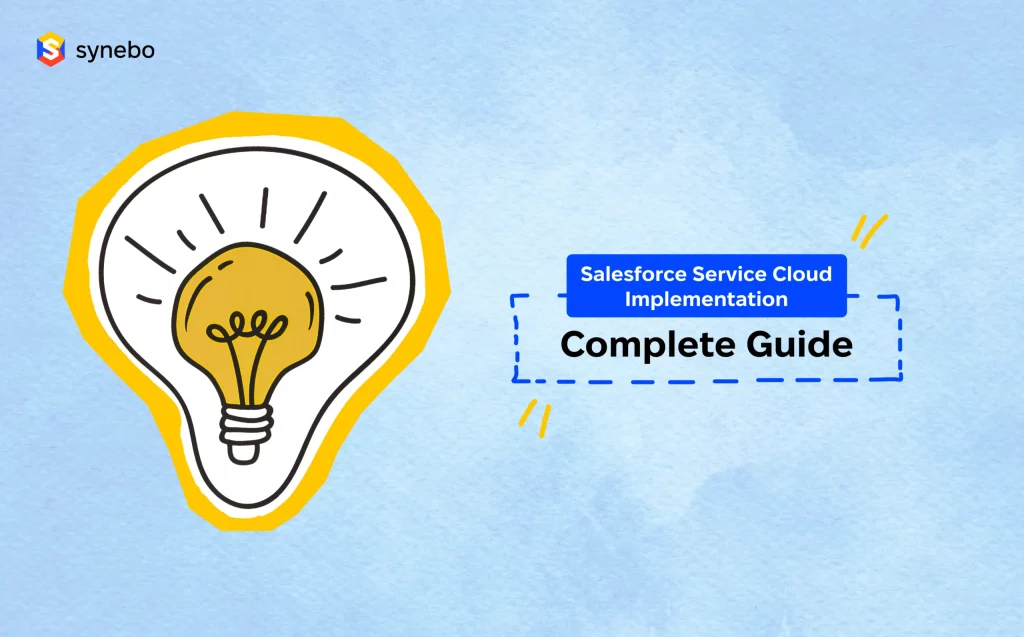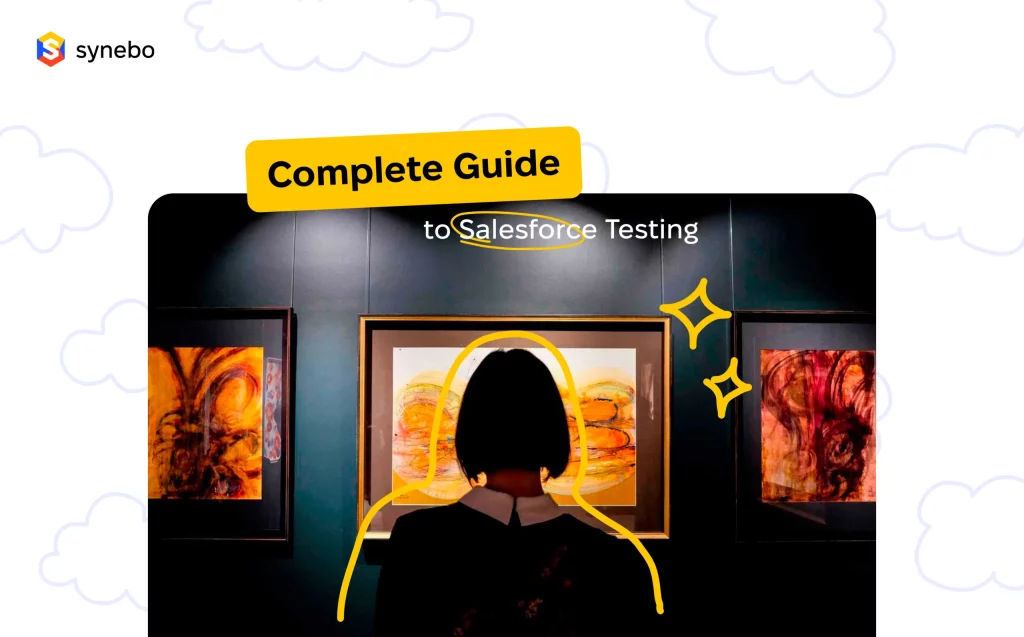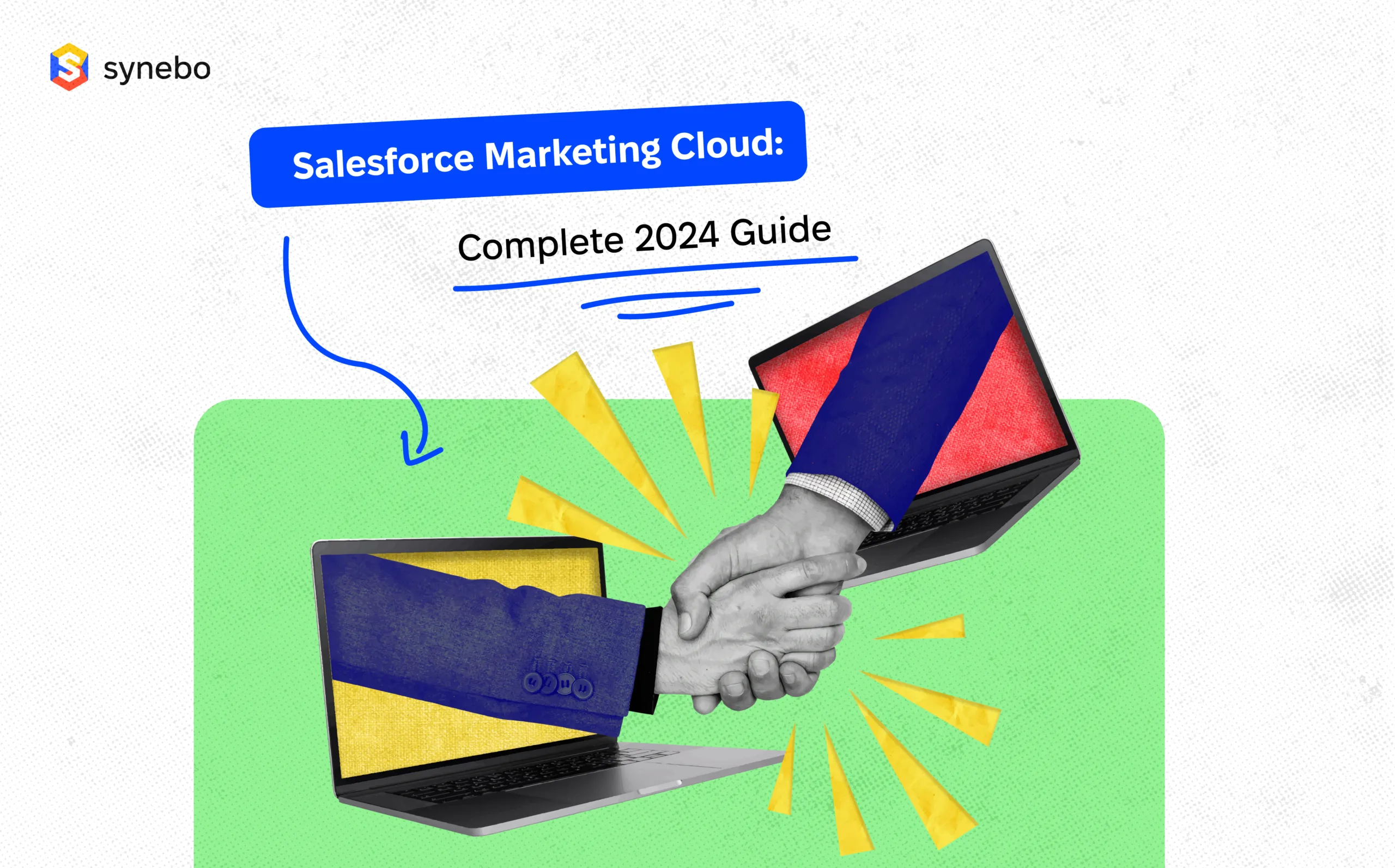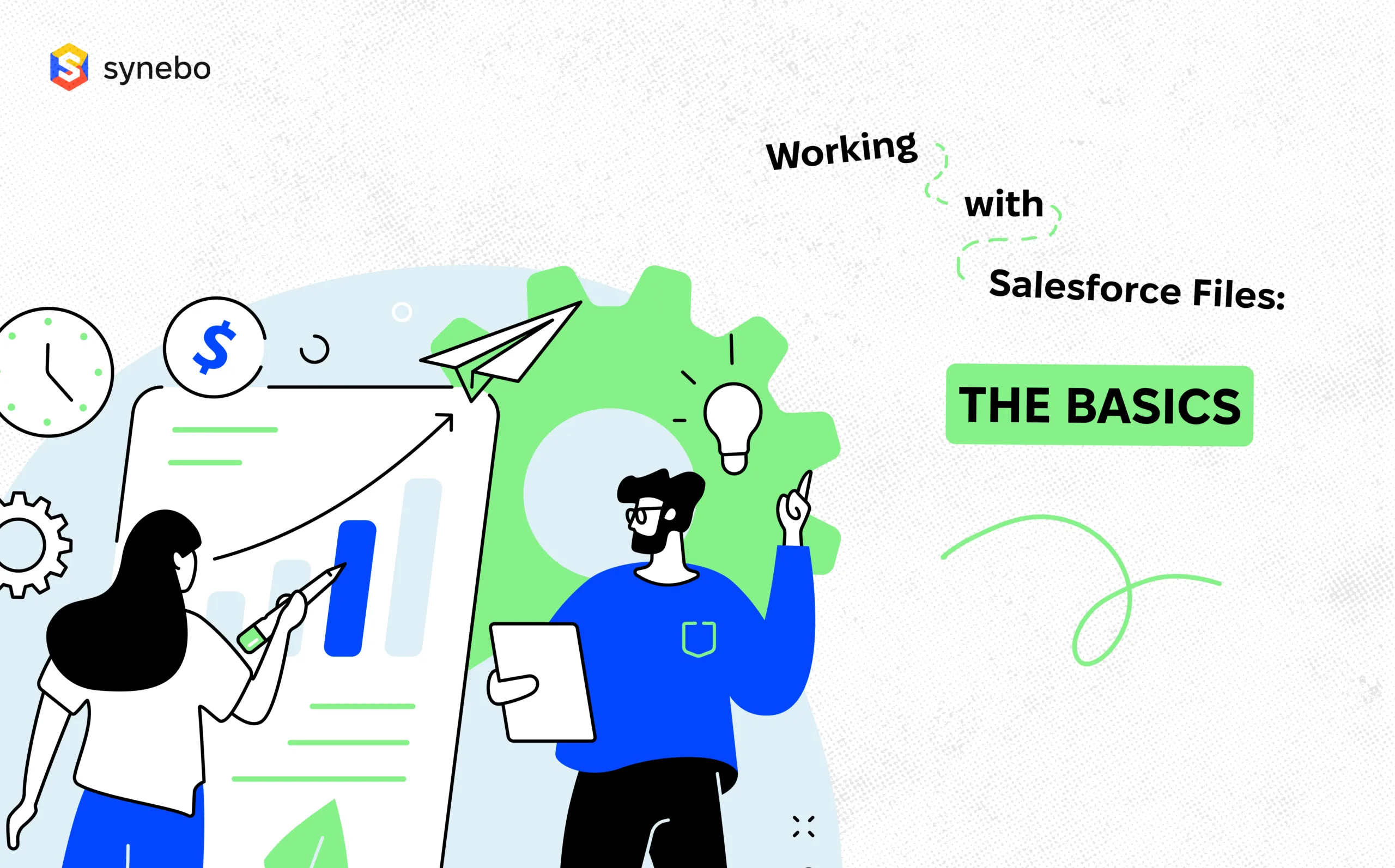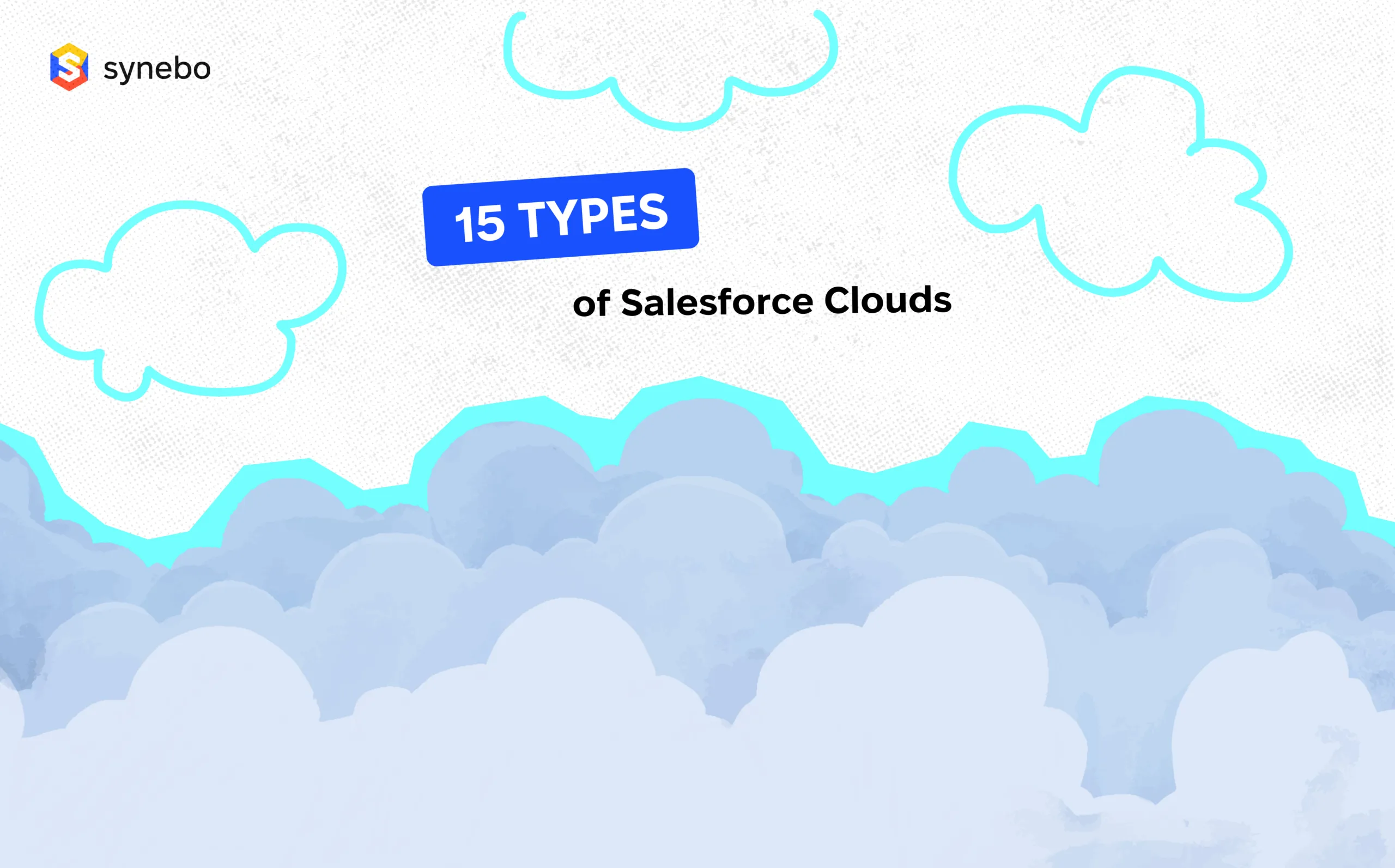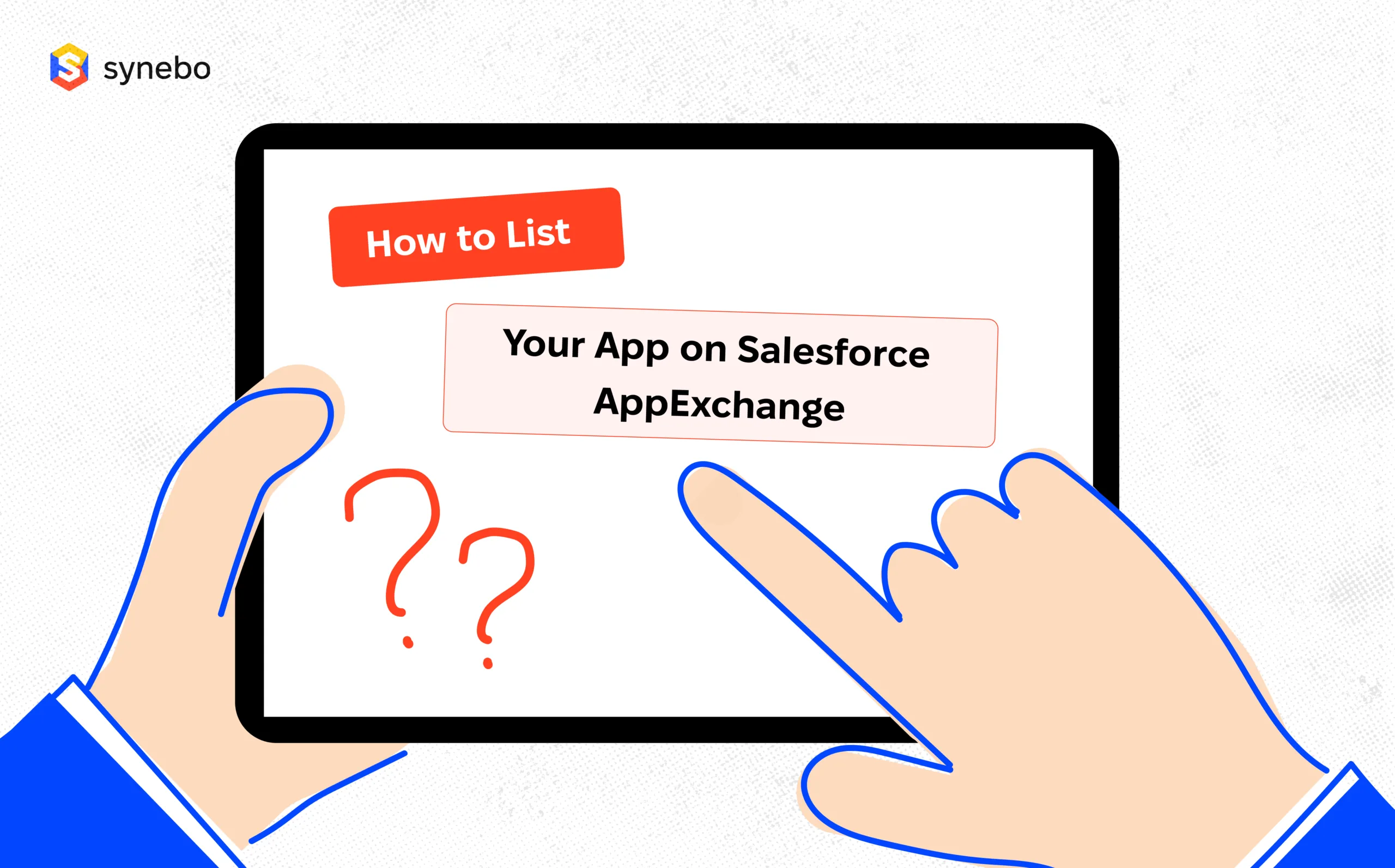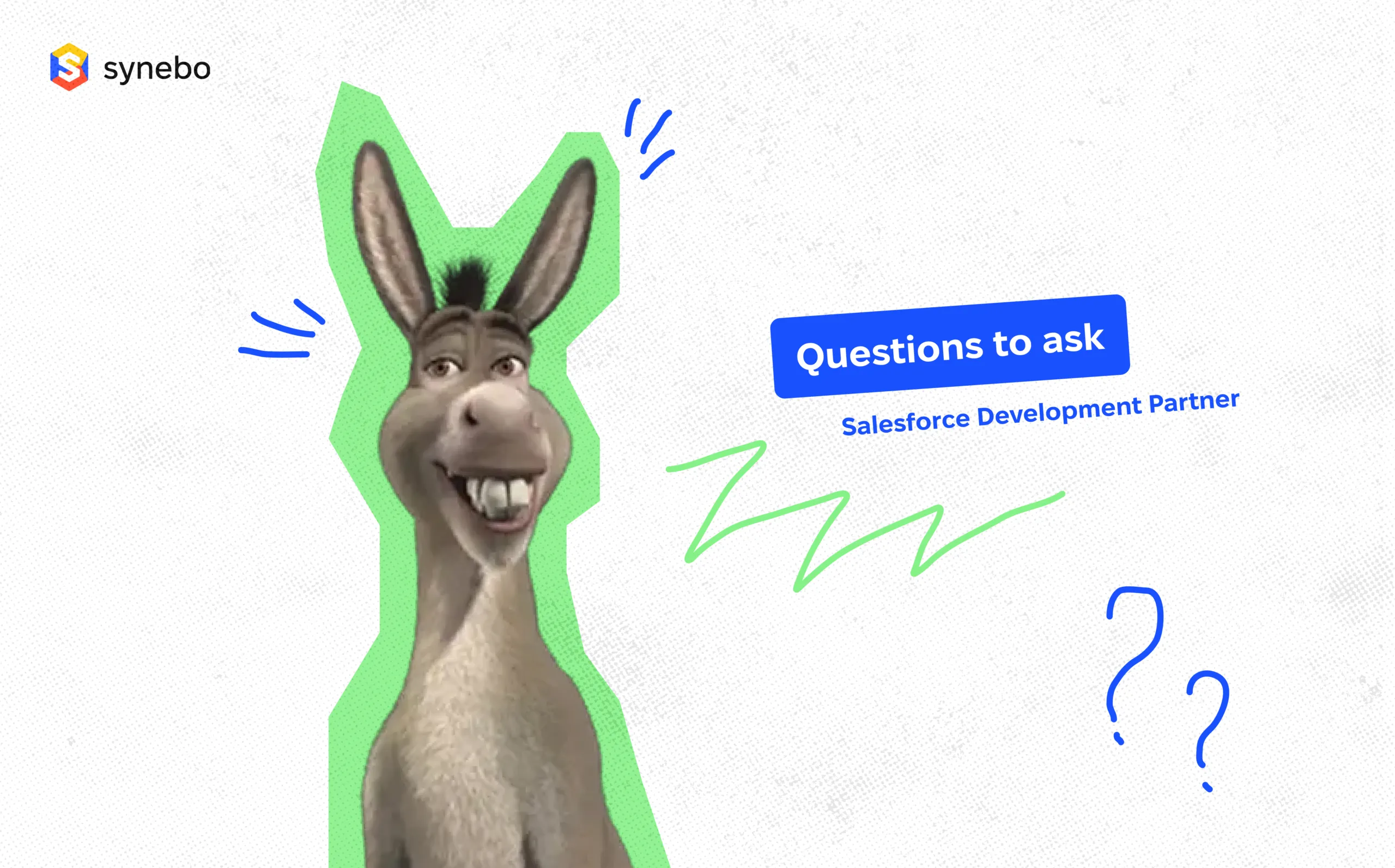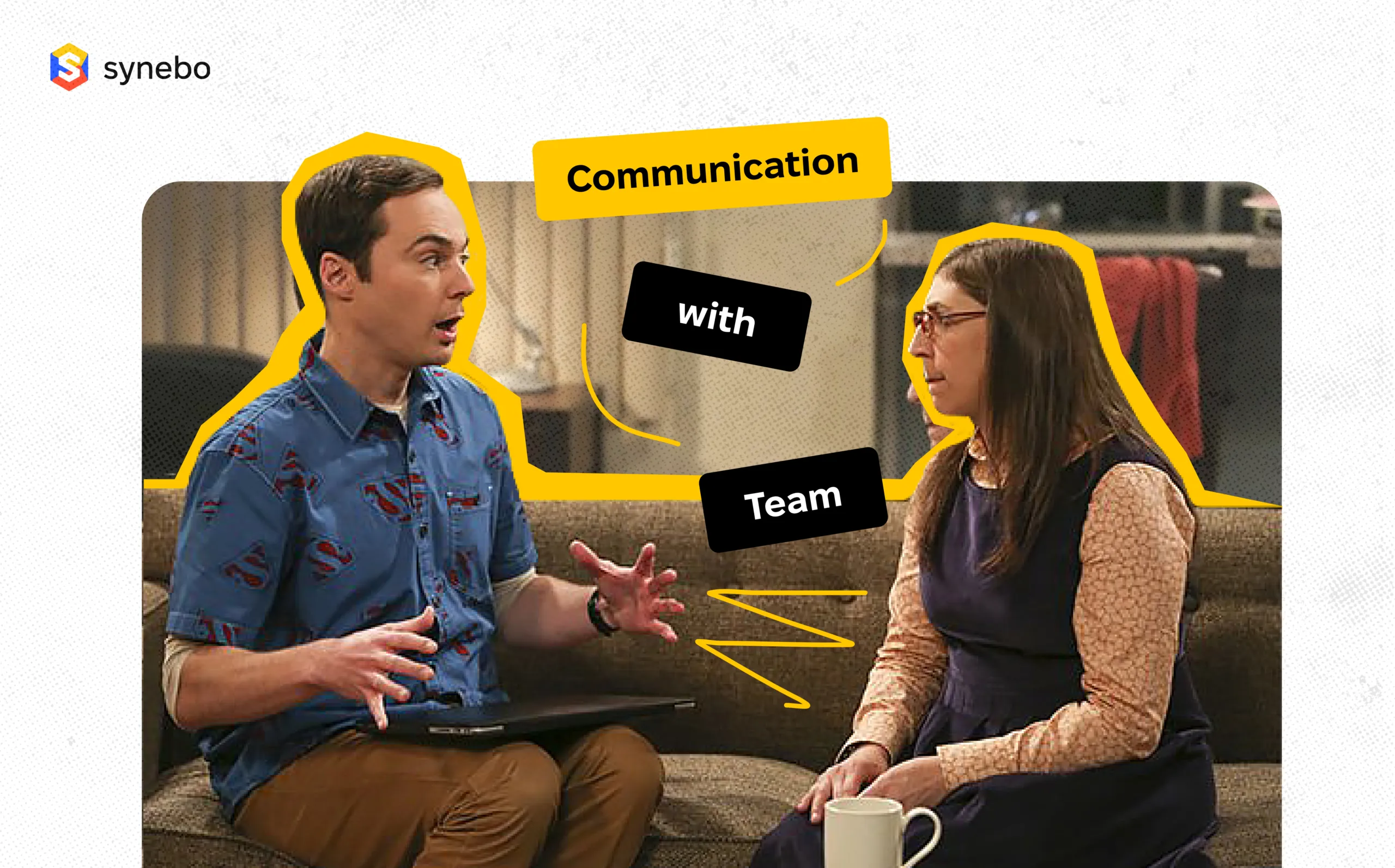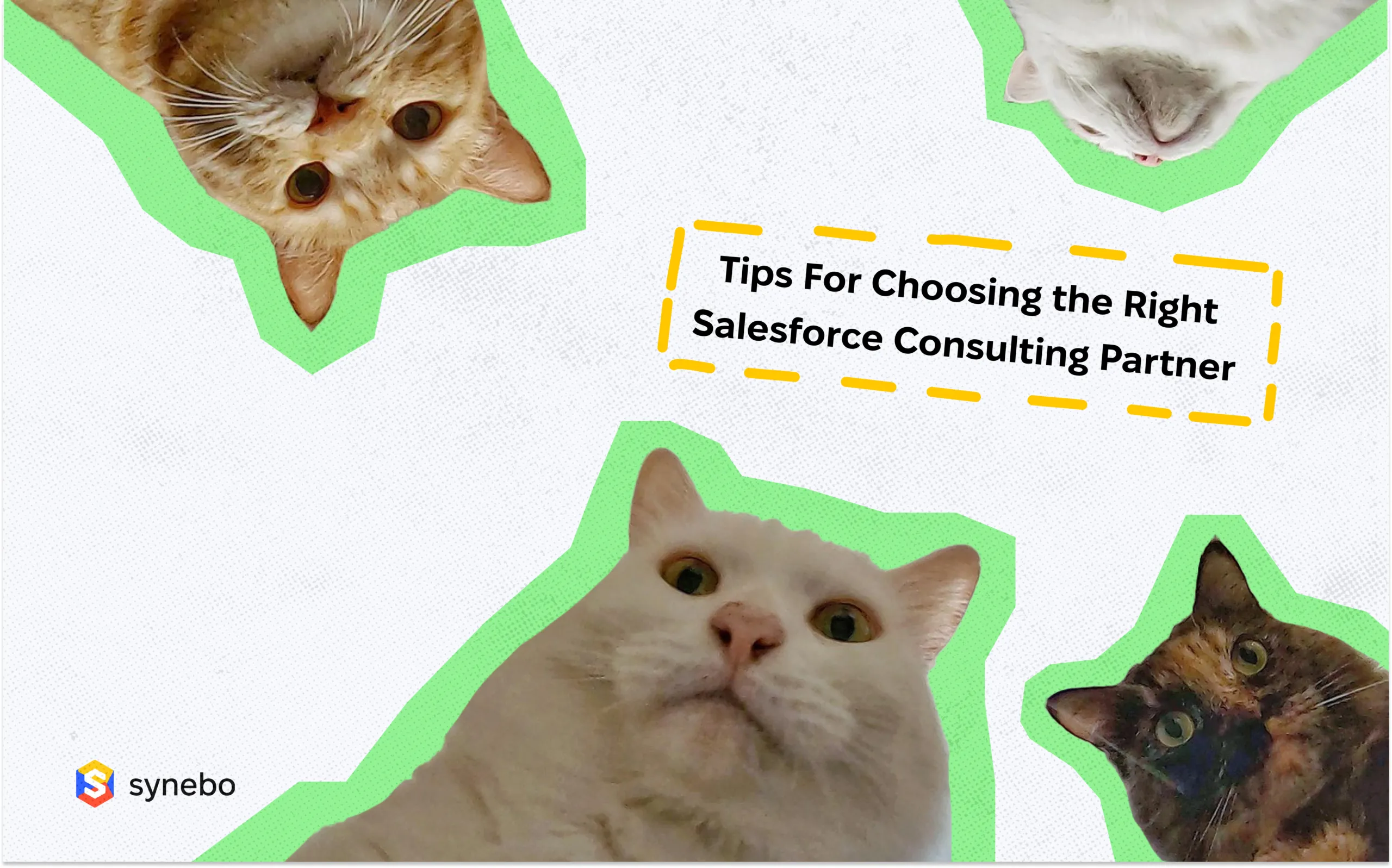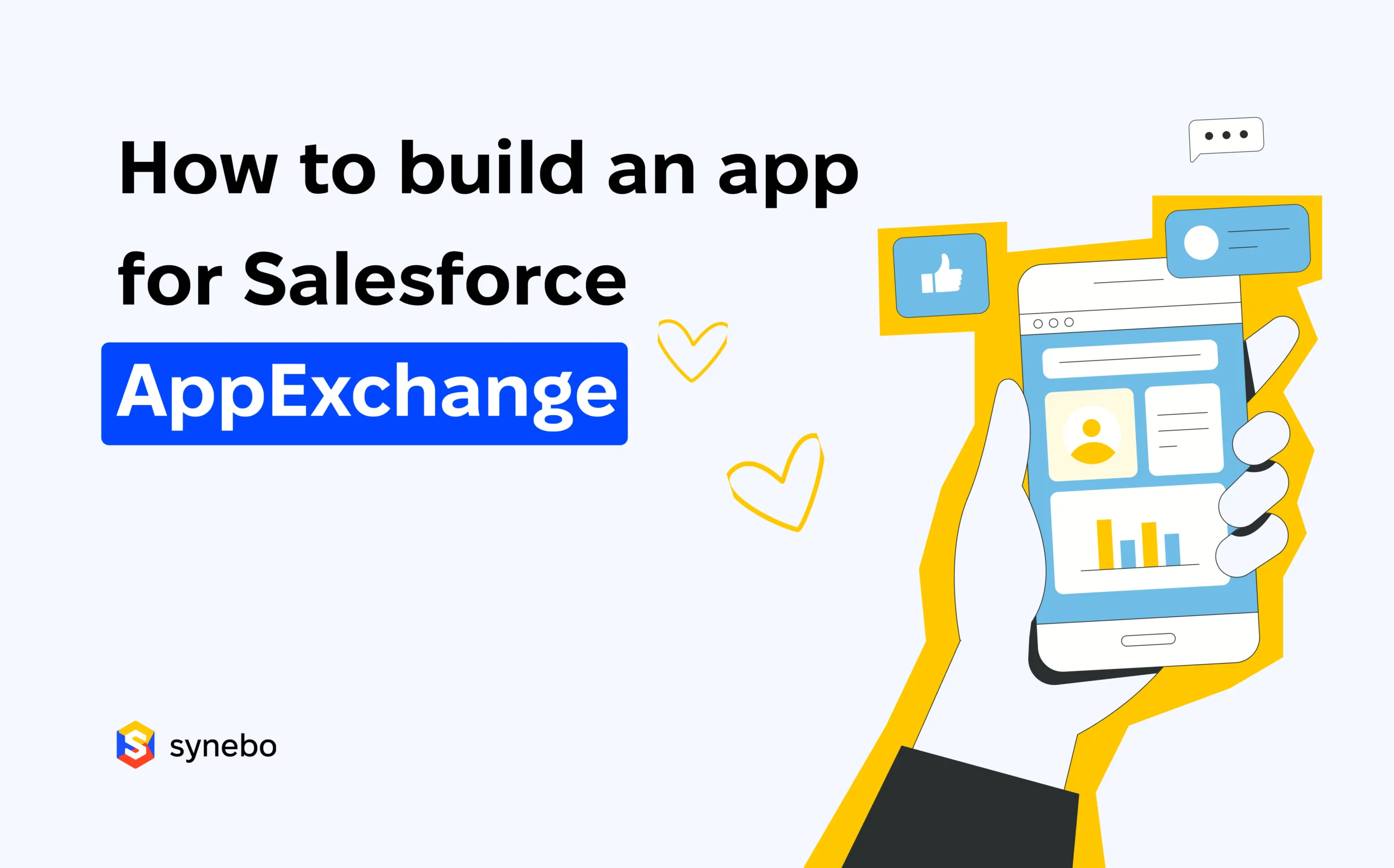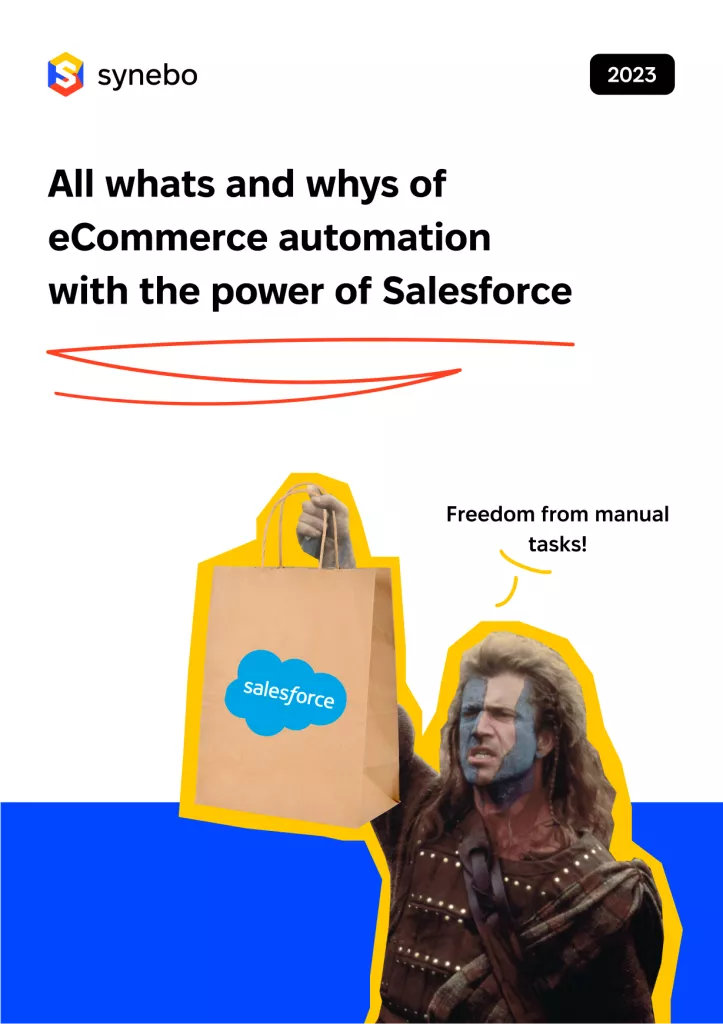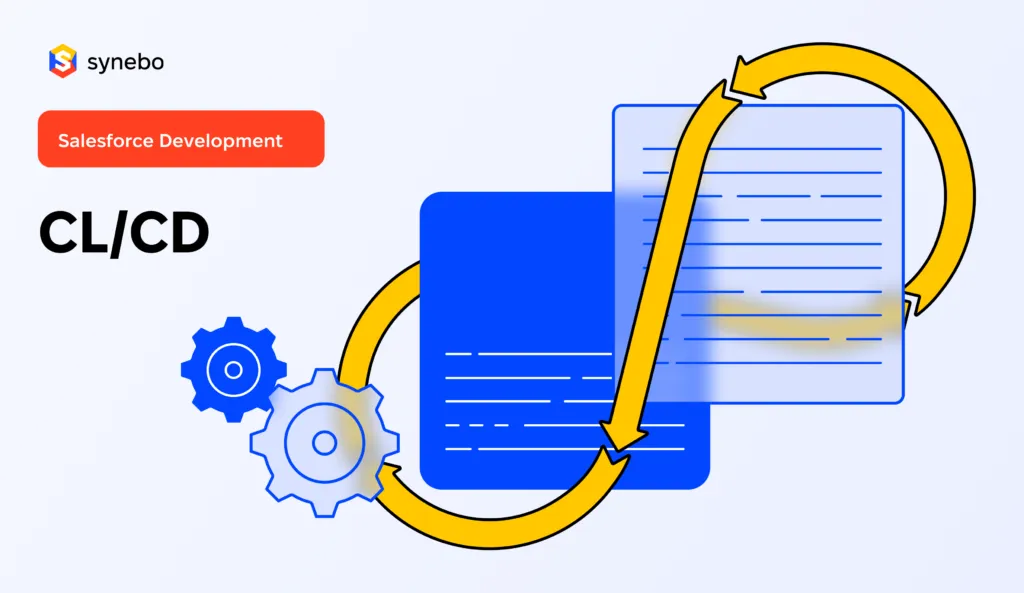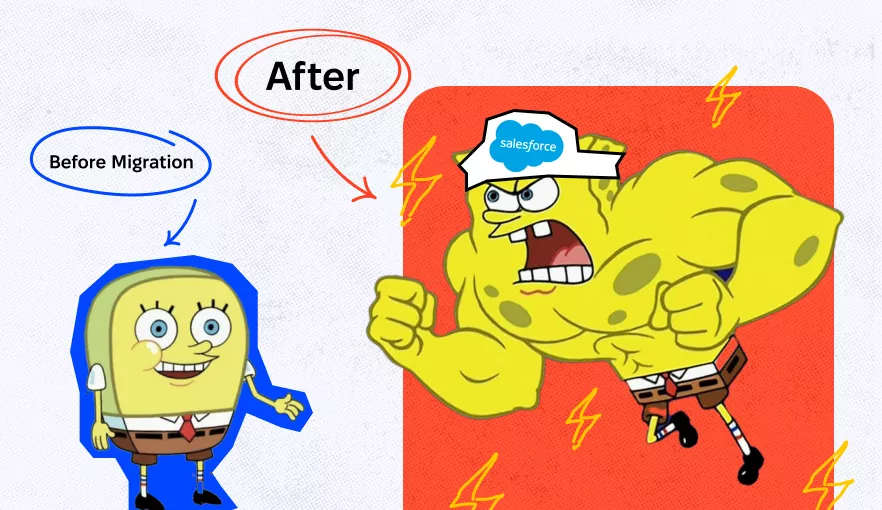Commerce Cloud B2B vs. B2C. What Is the Difference?

Salesforce is primarily known for its #1 CRM system in the world. The company defines its activities as building a bridge between consumers and brands. That is why the company launched two different eCommerce software tailored for B2B and B2C.
Both Commerce Cloud B2B (formerly CloudCraze) and Commerce Cloud B2C (Demandware) help businesses streamline theirs retails and engage customers via personalization and automation. However, their features are different.
So, let’s find out which product fits your needs best.
What is Salesforce Commerce Cloud?
Salesforce Commerce Cloud (SFCC) is a cloud-based service that facilitates a company’s connection with customers at every stage and across all digital channels.
The platform combines two products that were industry-leading for years. Salesforce acquired Demandware (designed for B2C companies) in 2016 and CloudCraze (B2B commerce) in 2018. Thus, Salesforce transformed the eCommerce market offering solutions for all types of businesses.
With the platform, you can launch multiple brands or multiple stores in different countries from one location and later match your products to the regional characteristics.
You’ll also be able to track all leads’ actions, analyze consumer behavior and keep them engaged on all stages of the buyer’s journey. Specifically, you’ll get access to artificial intelligence (AI). It allows you to accompany faster analysis and forecasting.
In short, Commerce Cloud connects you with your ideal customers. With AI and customization, your company can create a personalized experience. We will talk about this in more detail later.
Are you looking for a trusted provider of Salesforce development and integration services? Reach out to Synebo, and let’s discuss opportunities!
Salesforce B2C Commerce Cloud
SFCC is the most customizable eCommerce automation platform. However, it requires a high level of technical skills. So you’ll need to call for assistance. At Synebo, we help businesses with custom Salesforce development.
“There are more than 400 ready-made integrations of solutions conducted by third-party players. It could be payment processing services, loyalty and order management systems,” says Salesforce Commerce Cloud Lead at Synebo Andrew Nikolaichuk.

The advantage of the platform is that it can handle a large number of requests even during the busiest periods. Even under load, your site will run fast and maintain scalability by using the nearest available server if necessary. Generally speaking, Commerce Cloud servers are located worldwide and are the most powerful, which guarantees the uninterrupted operation of the online store.
Besides, the website design and functionality are fully customizable and adaptive. But unfortunately, there is no universal set of templates to use when you begin with the platform. Instead, you get one basic template, which is often not used at all.
By adjusting an eCommerce site to the needs of your target audience, you can increase sales by giving people what they want and when they need it. The emphasis is on focusing on the target customer and guiding them from awareness to purchase decisions.
Thanks to Demandware, you can make ads that will target a specific city, people who have purchased at a desalinated time, and even a specific color of items. The search and suggested products adapt to the consumer’s needs and only give out what the person might be interested in at the moment.
B2B Commerce Cloud
B2B Commerce Cloud is the B2B eСommerce solution that is also a leader in its field. Salesforce Platform is the foundation for the Salesforce B2B Commerce Cloud and allows you to merge CRM data with commerce data.
The B2B segment has a much smaller number of consumers who regularly purchase more products, which points to their value. The B2B Commerce Cloud gives B2B customers the same experience as B2C customers. A simplified interface for business buyers also contributes to success. The functionality is set up to allow consumers to make enormous orders without too much difficulty.
Since fewer customers are available, a more personalized and unique approach is used – review of past purchases, remembering the card, and more. It is all because the business customers, unlike B2C customers, already know what they need and how much.
Apart from all the benefits, B2B Commerce Cloud has functionality specifically designed for the B2B segment. In addition to extraordinarily huge order baskets, fast reordering is also available if a customer keeps taking the same thing. It’s possible to set up each account differently and order with delivery for multiple dates and locations, different payment options, and negotiated pricing.
If you’re interested in exploring 15 types of Salesforce clouds, read another blog post by Synebo.
What’s the Difference?
Salesforce B2C Commerce Cloud is designed to make shopping fast. The mobile-friendly approach makes the entire buying process easy for the customer: add items to the cart, add a card, and that’s it – the purchase is completed. In addition, you can use the data you receive from your customers to enhance your experience. The main differences are listed in the table below:
| Aspect | B2C Commerce Cloud | B2B Commerce Cloud |
| Primary Audience | Individual consumers. | Businesses, including wholesalers, distributors, etc. |
| Purchase Decision Process | Emotional and impulsive buying decisions. | Rational and need-based decisions, often committee-driven. |
| Order Volume | Generally lower per transaction. | Higher volume orders, often recurring. |
| Customization and Pricing | Standardized pricing and products. | Customized pricing, bulk discounts, and negotiated contracts. |
| Buying Cycle | Shorter and more straightforward. | Longer and more complex, often involving multiple stages. |
| Relationship Focus | Transactional with a focus on individual sales. | Relational, focusing on long-term partnerships. |
| Sales and Marketing | Emphasis on consumer marketing, SEO, and branding. | Focused on relationship-building, direct sales, and networking. |
The Salesforce B2B Commerce Cloud is designed for large orders and maintaining relationships with business customers. So that after one or two purchases and a unique experience, they can become loyal customers of your online store.
If you need more expert details on B2B vs B2C commerce clouds and solutions that can be crafted on them, request Salesforce consulting services.
Final Thoughts
B2B and B2C commerce clouds are different in essence and components. However, each of them will be an excellent solution for their niche. Since the Salesforce company constantly improves and supplements its products with new functionality, you will receive superior results.
Based on this, we highly recommend you familiarize yourself with the platforms, read independent reviews and start working on your online store. Concentrate on your business goals and trading benefits. While it can take a lot of time for customization and development, it’s worth it.









